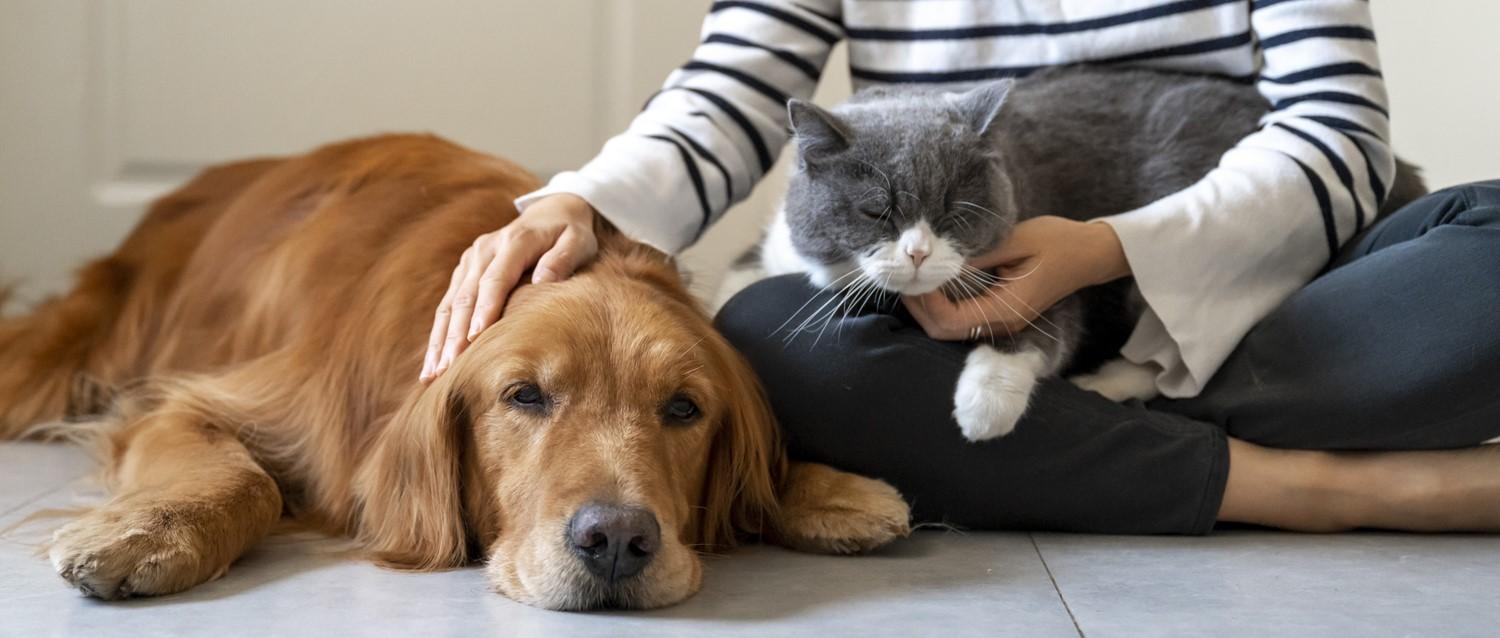
Grief: how to cope with the finality of death
Peer reviewed by Dr Krishna Vakharia, MRCGPLast updated by Noella Pio KivlehanLast updated 1 Dec 2023
Meets Patient’s editorial guidelines
- DownloadDownload
- Share
- Language
- Discussion
If you've lost someone you care about, one of the hardest parts is accepting that death is final - and that they are really gone forever. Here we explore how grieving can help you cope with the finality of death, and when you might need a little extra support.
In this article:
Living with the finality of death
Coping with death is incredibly personal for everyone. There is no right or wrong way to grieve the loss of someone in your life. But sometimes, one of the hardest parts is accepting that death is final - that the person you're grieving is really gone forever. However, this aspect of grief is not often talked about.
Throughout our lives, people you care about may come and go. Relationships end and close friendships can drift. Yet, there is always the knowledge that the person, while no longer in your life, is still in life.
But losing someone who has died is an altogether different experience, because death is final. How, then, can grieving help you begin to cope and move forward?
The grief process and time
Back to contentsIt can take a long time to process someone's death, as psychotherapist Emily Iniekio explains: "There is shock, confusion, anger and hopelessness, inevitably followed by a period of quiet and often isolated, mourning, when the rest of the world expected you to have moved on."
Dr Marianne Trent is clinical psychologist and author of The Grief Collective. She adds that you may initially feel some disbelief, and it's normal for it to take some time to come to terms with the fact that they're gone. Other emotions experienced with grief might include confusion, sadness and sometimes even anger.
Whatever your experience, remember that it's normal for grieving to take a long time.
Continue reading below
How to cope with the finality of death
Back to contentsYou need to allow the grief process to happen, as it can help you to heal and eventually come to terms with your loss. Our experts explain what this looks like.
Not burying your feelings
Coping mechanisms are how our bodies process enormous pain or trauma, says Iniekio: "They allow the trauma to be processed in a manageable way or sometimes even repressed to allow us to carry on with our day-to-day lives."
She says: “Repression - when we unconsciously block unpleasant emotions and memories - can ultimately be counterproductive and cause longer term trauma. However, finding ways to manage the grief in small chunks can be a useful tool in processing your grief."
For children particularly, it's important that they feel they can talk about the person who has died. Iniekio says young people can be wary about speaking to their parents or guardians about someone they loved who had died, as they are worried about upsetting them.
Equally, the psychotherapist says: "Parents would tell me they didn't want to bring up the deceased with their children because they too were afraid of upsetting them. Feelings need to be heard and pain needs to be expressed, even when it's messy and difficult. It's important that each person finds a way to express their grief."
Trying trauma therapy
Trauma therapy can "be helpful for updating your body, mind and soul with the news that they are no longer here but that you are," says Trent.
Eye movement desensitisation and reprocessing (EMDR) and cognitive behavioural therapy (CBT) are two therapies recommended by the World Health Organization (WHO) to treat trauma related to loss, including Post Traumatic Stress Disorder (PTSD)1. According to WHO, these therapies can 'help people reduce vivid, unwanted, repeated recollections of traumatic events. More training and supervision is recommended to make these techniques more widely available.'
EMDR involves moving your eyes a specific way while you process your loss. Working with a therapist, EMDR starts by going through your history, working on stress reduction, and then2:
Identifying a lucid and vivid picture related to the memory, trauma, or problem.
Identifying a negative belief you carry about yourself.
Discussing the emotions and bodily responses that these two phases create.
Finding a positive belief you carry about yourself.
Helping you find closure.
A re-evaluation with a therapist.
Whereas EMDR does not put emphasis on talking, CBT is all about discussing your grief with a therapist in order to heal. Each stage is personalised, but often the steps will involve:
Asking you questions about your life.
Discussing how your thoughts and feelings affect your behaviour patterns.
Analysing which ones are unhelpful or harmful to you.
Working out how you can change these harmful patterns.
How to move on with your life
Back to contentsIt is normal to experience some disbelief when someone dies. Some people find it helpful to include something new in their home which was not there before the person died.
This, says Trent, might be an item made from their clothes, an artwork they would have liked, a paperweight or even a piece of jewellery containing a small amount of their ashes if they were cremated.
"These can help you to deal with the strange sensations and thoughts you may have if the person had spent time in your home before - you try to make sense of how you can still be here when they are not," says Trent.
On the other hand, when the bereaved choose to hide away the belongings of the person who has died, this can be a sign of avoidance and denial. Instead, to manage distress: "it is important that we learn to tolerate being able to look at reminders of the person," says Trent.
Asking for help
The one key thing to remember is that everyone has a different way of dealing with grief, and different support networks. If there have been elements of trauma involved in the loss of someone you love, Trent believes it can be helpful to try trauma therapy.
However, Trent says: "Many people find they can be functional again, even if they are still feeling sad at around the six months mark."
If you are really struggling to come to terms with the death of a loved one, Trent believes this can sometimes indicate that your mental health could do with some additional support at this time.
"It could be a sign of a major depressive disorder or could also highlight some features of psychosis. Visit your GP to discuss concerns about yourself or concerns you may have about someone else you care about. For many people who are already holding on to other forms of repressed trauma, dealing with a bereavement can tip their mental health over the edge."
As well as your GP, you can also seek help from:
A grief counsellor - follow the link to find one near you.
Local support groups and services - using your location.
Charities - for example, Loss Foundation, Cruse UK, or Child Bereavement UK.
While accepting that person is no longer in your life, and never will be again, Inieko says: "Focus on finding ways to process your loss and lean on family and friends for much needed love and support.
"Let your feelings be heard and above all give yourself time to heal."
Continue reading below
Further reading:
Back to contentsPatient picks for Grief

Mental health
How to deal with the death of a pet
It is thought that around 17 million households in the UK have a pet, with dogs being the most popular in 12.5 million households alone. In a close second place is cats, who live in 12.2 million households. So, it's fair to say we’re a nation of animal lovers, meaning the grieving process after the death of a pet can be painful.
by Emily Jane Bashforth

Mental health
Coping with grief after losing a loved one to lung cancer
Grieving the loss of someone following their death from lung cancer can be a painful process. A lot of complicated emotions often arise, ranging from shock, sadness and anger. It can also take a long time for a loved one's death to feel real, and the healing process following that can take months or even years, as you learn to navigate life in a different way.
by Emily Jane Bashforth
Article history
The information on this page is peer reviewed by qualified clinicians.
1 Dec 2023 | Latest version
1 Dec 2023 | Originally published

Ask, share, connect.
Browse discussions, ask questions, and share experiences across hundreds of health topics.

Feeling unwell?
Assess your symptoms online for free
Sign up to the Patient newsletter
Your weekly dose of clear, trustworthy health advice - written to help you feel informed, confident and in control.
By subscribing you accept our Privacy Policy. You can unsubscribe at any time. We never sell your data.